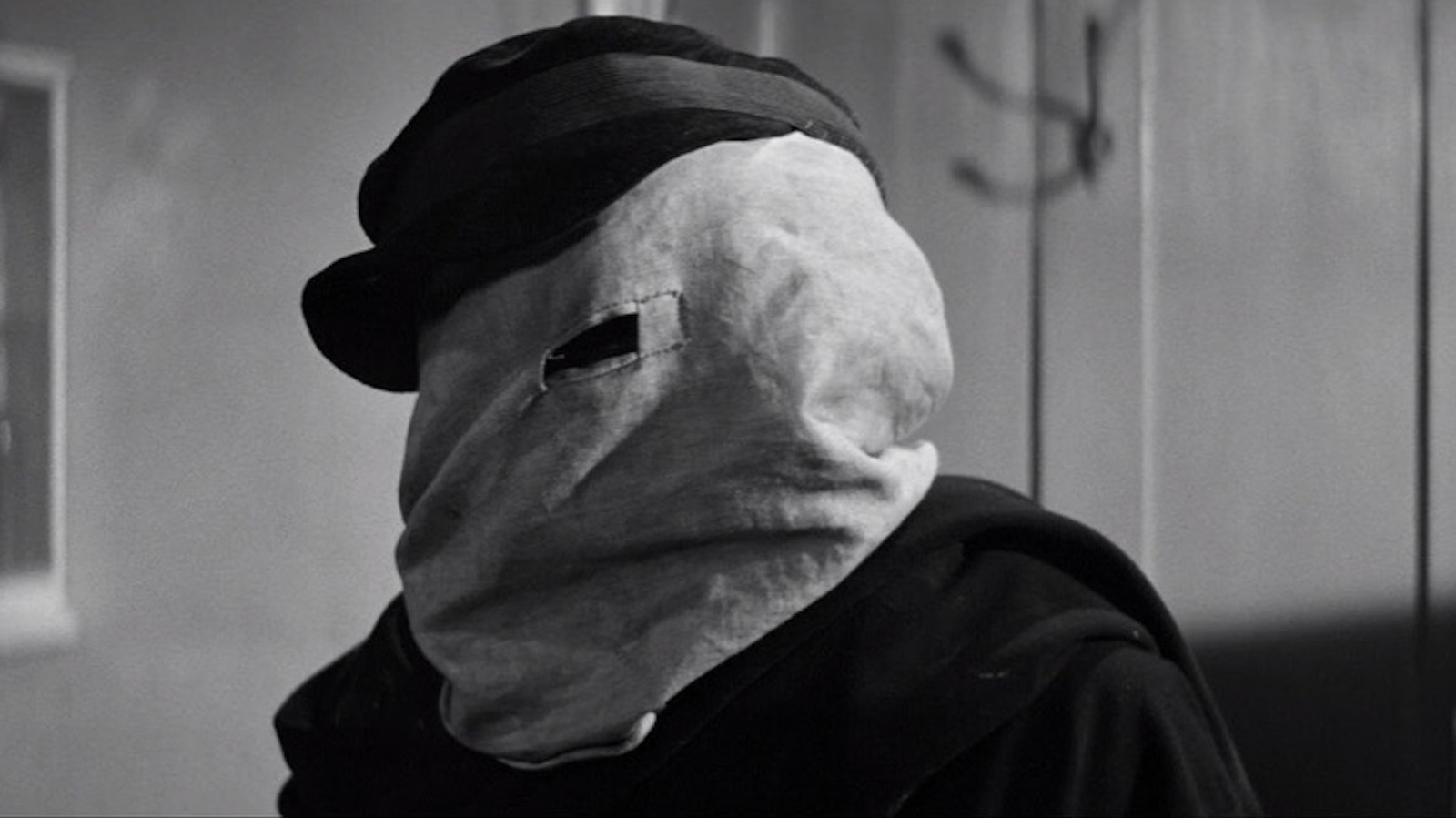
David Lynch’s Film Every Child Must Experience
By Jeremy Smith
January 18, 2025 7:00 am EST
I found myself feeling under the weather, battling a fever, but as a child under the age of 10, fear didn’t cross my mind. I had experienced illness before and knew recovery was just around the corner. My parents were unconcerned; the family dog lounged at the far end of the living room couch while I drifted in and out of a dreamlike state, captivated by the flickering screen of our television. While my classmates were confined to a stifling classroom, learning cursive as if it were a rite of passage, I embraced a world of cinematic wonder.
Though my clarity faded, my love for movies remained strong. I recognized that not all films were going to reach the heights of “Jaws” or “Airplane!” – films that I had already deemed as the pinnacle of entertainment. I followed the Academy Awards closely, puzzled by the nominations for two black-and-white films in 1980, and I recall my disinterest in watching them simply because of their visual format. However, on this particular sick day, The Movie Channel scheduled a showing of David Lynch’s “The Elephant Man” for my viewing pleasure.
Curiosity piqued, I approached the film with an expectation shaped by the eerie allure of its grotesque makeup. My interest in horror had led me through many classic Universal horror films and, armed with that experience, I was prepared for a different kind of story, one that might be found within those black-and-white frames.
Two captivating hours later, even with my temperature soaring past 100 degrees, my understanding of the world had been forever altered. The film’s chilling portrayal of humanity revealed that the real monsters were, in fact, all too human.
When I received the news of Lynch’s passing, a wave of disbelief swept over me. Many had known about his deteriorating health, yet the idea of a world devoid of this visionary filmmaker felt impossible to grasp. I was deeply engrossed in writing about another icon, Bob Uecker, when I took a moment to reflect. Suddenly, I was transported back to that couch, sick and enchanted, engaging with “The Elephant Man.”
Although it had been decades since my last viewing, vivid memories rushed back, particularly that haunting opening scene where John Merrick’s mother confronts a pack of elephants. In my fevered state, I wondered if this encounter was the root of Merrick’s deformities. Instead of fear, I felt a mix of confusion and intrigue, recognizing that a studio film had never exposed me to such strangeness before.
In the film’s early scenes, we see Dr. Frederick Treves (played by Anthony Hopkins), curious about a curiosity that has drawn the attention of the authorities. He learns of an exhibit called The Elephant Man, prompting him to pay a hefty fee for a more personal encounter. Lynch masterfully crafts this experience into a suspenseful moment, leading Treves through a dimly lit corridor into a room where Merrick’s figure is revealed by flickering light. Rather than recoil, Treves sheds a tear, moved by Merrick’s plight and seeming promise for a better life.
It isn’t until nearly a half-hour into the film that we truly encounter Merrick, after he has already been subjected to the gaze of onlookers and mistreatment. The anticipation builds to a point where the reality we projected onto Merrick far surpassed any existing assumptions, eliciting an audible reaction from one of the film’s characters.
From that moment on, I was transfixed by “The Elephant Man,” just as I had been during the epic Star Wars trench run.
Though I am not a parent, my own childhood urges me to advocate for children experiencing challenging yet thought-provoking films, provided those films illuminate compassion alongside the darker aspects of life. Lynch confronts the cruelty faced by Merrick head-on, especially as he is forced back into the freak show. The takeaway, however, is the kindness that radiates from the characters who offer him support and encourage him to reveal his inner self.
On this premise, “The Elephant Man” is an impeccable and essential film for youngsters. Lynch’s touch adds a layer of profound intrigue—moments of wonder and questioning that stay with viewers long after the film concludes. Merrick’s final act, symbolized by the removal of pillows from his bed, may prompt difficult questions from astute children, but it also opens the door for exploration and understanding. When they inquire about Merrick’s fate, one can gently respond, “I don’t know.”
Conversations about his journey can spark a rich imagination, allowing children to contemplate without feeling confined to right or wrong answers. If the questions seem overwhelming, there’s an easy solution: let them watch it independently, just as I did on a winter day many years ago. This cherished memory brought comfort as I faced the reality that David Lynch had become a lasting memory himself; one that will endure because true artistry never fades.




